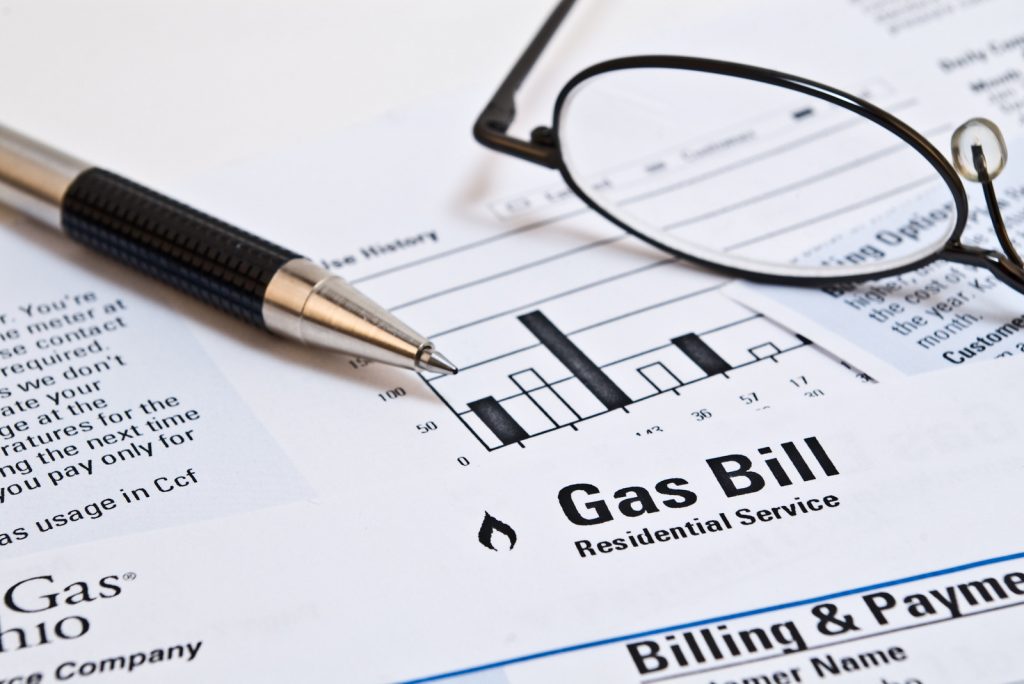Energy suppliers usually buy their energy in advance and then sell it to business customers under a contract. Businesses are tied into a contract that states how long the supply will be for and how much it will cost. These deals are generally longer and have higher exit penalties than fixed-term contracts for residential customers.
Types of Business Energy Contracts
Business energy contracts can be from one year to five years and depends on whether you want to pay a fixed price per unit or variable. Businesses can take out a flexible contract to take advantage of market price changes. If you don’t agree a specific tariff with the supplier, you will be put on a deemed contract which is the supplier’s standard rates.

What’s included in a business energy contract
The main things to look for before agreeing on a contract are:
- Type of contract. Is it Fixed, Variable or Flexible?
- Gas and electricity unit prices. Has it been estimated correctly for the year?
- Your current tariff. Is it a fair comparison based on contract length and charges
- What the key terms and conditions of the deal are. Look at notice period and exit fees.
- Contract rollover. What will happen if you don’t negotiate a new contract before this one ends? Usually you end up being automatically signed up to a higher tariff contract that is also variable. These can also be called evergreen contracts.
In addition to the above, read the full terms and conditions of the contract where possible and always keep good records, for example, copies of correspondence in letters and emails.
Types of business energy contracts
Fixed price contract
The two main types of business energy contracts are fixed price and variable. The fixed price contract is where the price of the tariff per kWh for gas/electricity will not change for a set period of time.
Fixed contracts help with keeping an eye on budgeting requirements so you know what your energy costs will be and can plan for them. Some fixed contracts can last up to 5 years but you often have to pay a higher rate.
Variable price contract
Variable contracts mean your price can fluctuate but you don’t have to be committed to one supplier for a fixed term. A variable tariff is where the supplier can change the unit rate or the standing charge whenever it wants during the contract term.
Flexible contract
Other business energy contracts include flexible contracts which allow you to buy energy in increments such as monthly or quarterly during the contract period. This is helpful for larger businesses who can take advantage of market price changes.
Because businesses operate differently, bespoke contracts can often be agreed with the supplier to suit the energy consumption of your company. This can take into account the seasonality of your business and even energy demand during different times of the day and night (known as Time of Use tariffs).
Energy contracts based on size of business
The size of your business will determine the types of energy contracts available to you and what extra benefits and costs are associated with it.
Microbusiness energy consumer – According to Ofgem, If your company employs less than 10 full-time employees or their equivalent and has an annual balance sheet of £2million or less you are considered a micro business. Your electricity consumption should be less than 100,000kWh per year and less than 293,000 kWh per year for gas.
Looking at the above, your company may fall into this fairly broad category even if you didn’t think it would, which can bring its own advantages and disadvantages.
Deemed energy contracts
A deemed energy contract is when a business moves into new premises and doesn’t expressly enter into a contract with the energy supplier to that premises but starts using gas and/or electricity. The unit rates will normally be higher without an agreed contract in place. It will also occur after a fixed term tariff has expired without agreeing on another contract.
You may want to stay on a deemed contract when you first move in because you have so many other things to sort and to give you time to shop around. But it will be more costly if you stay on it longer term.
If you are looking for a new business energy contract, you can start comparing suppliers and find the best energy deals today.
How to cancel a business energy contract
Almost all suppliers require a notice of termination which means they want to be informed in writing that you wish to cancel the contract after the term ends. You would normally only need to do this when changing suppliers rather than changing a tariff with the same company.
The notice is given by email or letter or sometimes by phone. Check with your supplier what they want.
Can you break an energy contract?
You can break an energy contract partway through it but unless there is a valid reason, such as moving out of the premises or the business is closing down, you will almost certainly incur a penalty for breaking the contract. This is because most business energy contracts are bespoke and not one size fits all.

Cooling off period on business energy contracts
The cooling-off period is the option to change your mind within a set time after you have agreed a contract. Residential energy contracts have a 14-day timeframe. Most business energy contracts do not include a cooling-off period once it has been agreed. This is because the supplier purchases the energy once they have a business customer instead of buying in advance.
This is true of future contract dates too. If a contract has been sent in writing (by email or letter) and you agree to it by telephone, this is also considered valid and cannot be cancelled without penalty.
Principal terms of business energy contract
This is the most important part of the supply contract as it sets out the key information such as charges, length of contract, termination fees and much more. It is a highlighted summary of the main terms of the energy supply to you and the first port of call when disputing, cancelling or renewing your contract.
Conclusion
As a business owner, you are acutely aware of the importance of controlling spending and this should also include controlling energy spending. So, reviewing your business energy contract before you agree on it and even in the middle will help control your spending.
If you are out of contract or looking for a better tariff, click the link below to get a quote from Love Energy Savings. They will do a comparison search for you.
*The information in this article should be used for general guidance only. Full details are on the link in the footer to our disclaimer page. Always discuss your requirements with a competent and suitably qualified professional before undertaking any work.
Affiliate disclosure
Heatology.co are participants in a variety of affiliate schemes which help fund and run this website, visitors who follow our links and purchase a product may earn Heatology.co a commission. The money we make from affiliate marketing costs you nothing but keeps us online, so thank you for your continued support!
